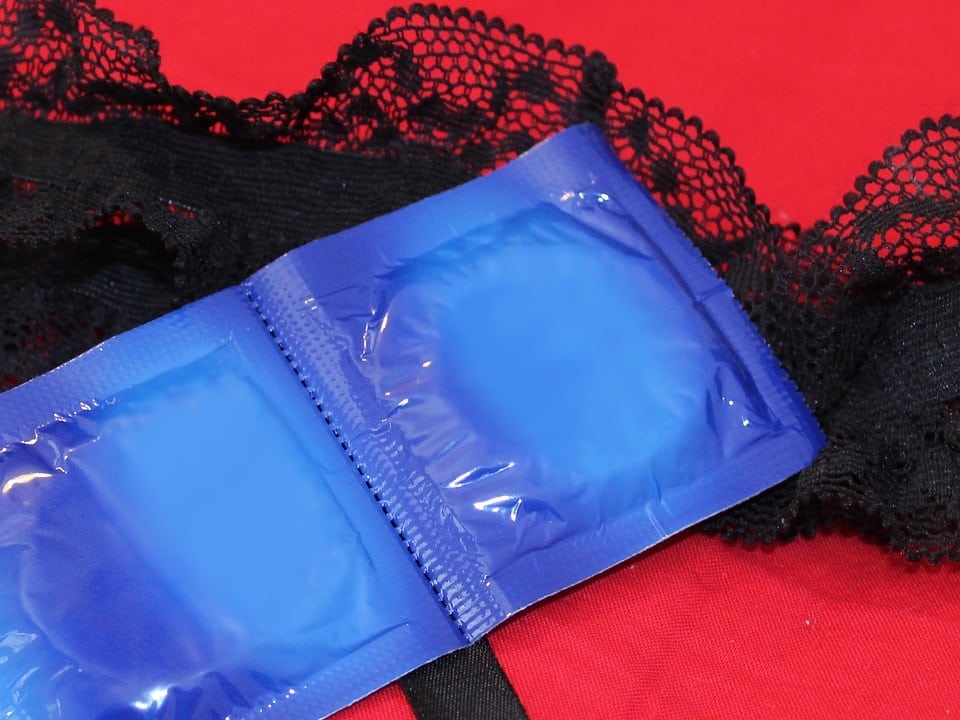Syphilis is one of the oldest existing STIs. So old, in fact, that researchers are still unsure of its origins. However, it has recently experienced a resurgence, which is thought to be caused by casual sex and online dating. Over 50,000 people in the United States will become infected with syphilis each year.
What the hell is it?
Syphilis is a sexually transmitted infection that can cause major complications down the road, if it is not treated promptly. Syphilis is spread through direct contact with a sore found on the penis, vagina, anus, or mouth. This means you have a risk of contracting syphilis during oral, anal, or vaginal sex.
Like many other STIs, syphilis can also be spread from a pregnant mother to her unborn child. This may result in low birth weight or a premature birth. If you are pregnant and believe you may have syphilis, get tested as soon as possible and seek treatment.
Symptoms
Syphilis occurs in three stages which progress into one another: primary, secondary, and latent (or tertiary).
Primary
Symptoms during the primary stage of syphilis generally consist of one single sore (though it is possible to have more). This sore (called a chancre) occurs at the point where syphilis initially entered your body. It is often firm, round, causes no pain, and lasts around three to six weeks. Due to the sore being painless, it is easy to not realize you have it, or to overlook it. The sore will eventually heal on its own whether you receive treatment or not. However, although the sore is gone, you are still infected with syphilis and should see a healthcare provider.
Secondary
Rashes or sores in your mouth, vagina, or anus characterize the secondary stage of syphilis. This stage may begin before or after the primary sore has healed. Some people also experience a red or brown rash on their hands or feet. Rashes caused by syphilis usually do not itch or cause any irritation. Other secondary symptoms include fever, swollen glands, sore throat, headaches, muscle aches, and fatigue. Once again, these symptoms will often disappear on their own without treatment, remember though only the symptoms have disappeared, syphilis itself is still present.
Latent
Not everyone who is infected with syphilis will experience its latent stage. Those who do often experience it years after infection and the effects are extremely serious. Latent stage syphilis usually occurs ten to thirty years after the initial contact. The effects of latent stage syphilis may include difficulty controlling muscles, paralysis, difficulty falling asleep, numbness or loss of feeling, damage to the nervous system, dementia, heart damage, liver damage, blindness, seizures, stroke. In its latest stage, syphilis can cause death.
Treatment Options
The best time to treat syphilis is in the primary or secondary stages of the infection. It is during this time that the disease is easiest to spread to other partners and long-term damage has generally not yet occurred. During these stages, syphilis can be cured with prescribed antibiotics. If treated within the first year of infection, the treatment consists of one injection. Individuals who have been infected for longer may require additional doses (usually three in total). Most healthcare providers will recommend that you get tested again once finishing treatment to ensure that syphilis is no longer in your system. Once you are certain that you are free of syphilis and no longer have any sores, it is safe to resume sexual activity.
Treatment for syphilis will kill the bacteria which causes the disease and prevent any further damage. Any existing damage to your body will not be affected though, so it is crucial to get tested regularly in order to be treated as early on in the disease’s progress as possible. Treatment also does not protect against becoming re-infected in the future; continue to use protection with all new sexual partners.
Prevention
The best way to prevent syphilis, as with other STIs, is by using condoms. However, the sores caused by syphilis do not always occur in areas protected by a condom. If you or your partner have any sores caused by syphilis, it is crucial to abstain from sexual activity in order to prevent transmission of the infection.
Remember to always use a condom with new or non-monogamous partners and to abstain from sexual activity if you feel at all at risk for STIs.
Learn more about STIs in our series here.
Sources
Syphilis – Basic Fact Sheet. Centers for Disease Control. Centers for Disease Controls and Prevention, 8 July 2014. Web. 30 July 2014.
Syphilis Fact Sheet. Saskatchewan Health. Government of Saskatchewan, January 2012. Web. 13 July 2014.
Syphilis. Canadian AIDS Treatment Information Exchange (CATIE). SR Hosein, 2012. Web. 14 July 2014.
History of Syphilis. Oxford Journals. Bruce M. Rothschild, 31 October 2004. Web. 14 July 2014.





